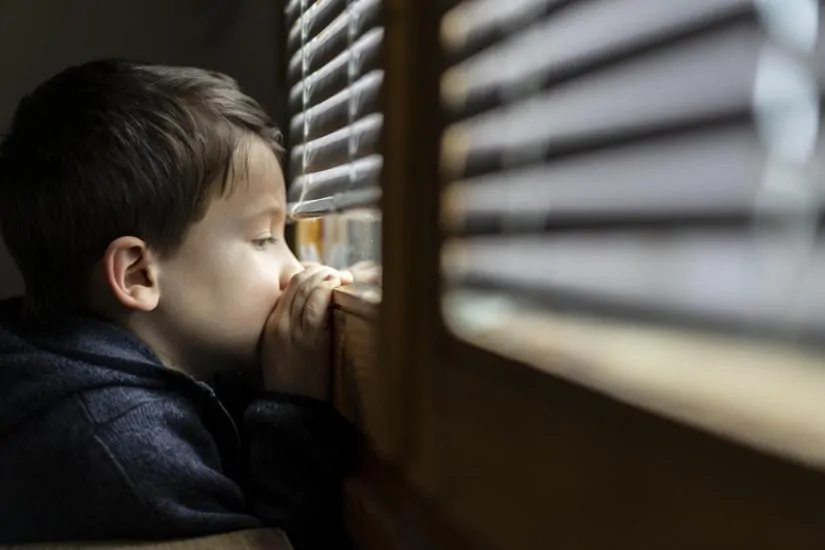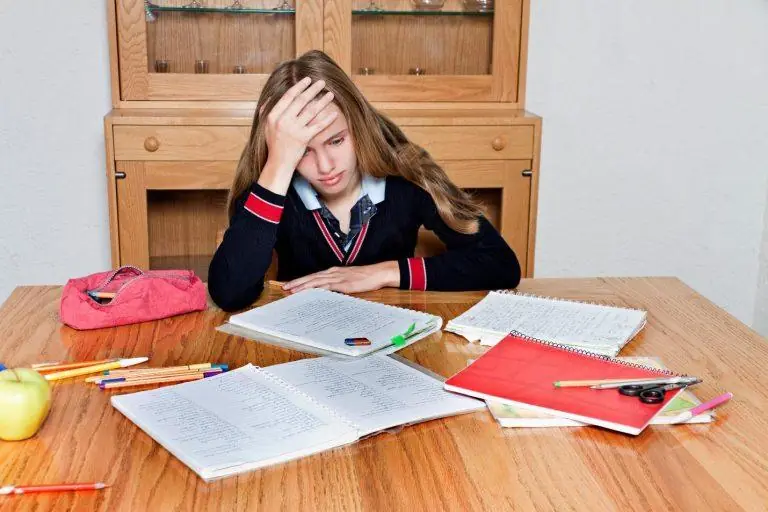Isolation is a common problem for children and teens. Students may feel socially isolated from peers, or be physically isolated because they live in a remote area. Regardless of the reason, the impact of isolation is negative.
In recent years many students have experienced isolation due to the COVID-19 pandemic. In most states students had to learn from home for extended periods, and this physical isolation contributed to feelings of social isolation. One study on the effects of the pandemic found that ‘social isolation leads to higher levels of cortisol and worse cognitive development.’
Fortunately, there are a range of strategies parents can use to overcome feelings of isolation and help children feel connected.
Effects of Physical Isolation
Physical isolation is a major problem for students in remote areas. Those who are isolated due to their location are disadvantaged in significant ways. They may have to learn through Distance Education with parents acting as supervisors. Parents usually have no teaching experience and are often dealing with other demands, such as running a property.
Transport options tend to be extremely limited in remote areas and students who can attend school often have to travel long distances. Schools are small, under resourced and subject to constant threat of closure. Technology can be lagging, and students don’t have access to the same range of subjects as their peers in other locations. All of these factors are very detrimental to education.
Strategies to Assist Students
To lessen the impact of isolation in remote areas parents can:
- Make the most of technology. Don’t just rely on distance education to keep kids connected. Seek out other online forums and communities for kids to feel part of and supplement their learning.
- Keep up to date with community events. Make an effort to attend community events in town so that kids get a chance to meet up with other local children.
- Be aware of available programs. There are many funded programs available for kids in remote areas to give them more opportunities. These include camps, scholarships and student exchange programs.
- Arrange regular sleepovers and visits. Try to arrange regular sleepovers and visits with friends so kids get plenty of chances to socialise in person.
- Take regular holidays. To ensure kids are well-rounded, it’s vital that they get the chance to visit and experience many different places.
Effects of Social Isolation
Children who experience social isolation may be naturally shy or become withdrawn due to bullying or social anxiety. Problems in peer groups are common, with some students becoming isolated when they fall out with friends.
Being socially isolated has a very detrimental impact on education, leading to students underperforming, acting out or avoiding school altogether. It is also very damaging to physical and mental health. In a recent study, one in six adolescents reported ‘problematic levels of loneliness.’
Strategies to Assist Students
To lessen the impact of social isolation parents can:
- Talk with teachers. Teachers need to be aware of any social issues so they can put the right support in place.
- Find ways for kids to connect with peers outside of school. Encourage involvement in hobbies and sporting activities so kids aren’t wholly dependent on school for friendships.
- Teach kids to be self-reliant. Don’t shame your child for being isolated as this will lead to low self-esteem. Instead, teach them the value of self-reliance. Children who value themselves will seek healthy relationships.
- Encourage positive thinking. Practicing positive thinking allows kids to recognise negative thought patterns and change their mindset.
- Work on social skills with kids. It can be beneficial to role-play some situations your student struggles with to give them practice developing social skills.
How a Tutor Can Help Students Overcome Isolation
A tutor can be a valuable source of support for isolated students. Tutoring addresses gaps in learning and provides personalised instruction tailored to each student’s individual needs.
Communicating regularly with a tutor allows students to feel connected and gives them practice with social skills. At Tutor Doctor, we use an advanced system to ensure each student is matched with the right tutor for them.
Contact us for a free consultation.




